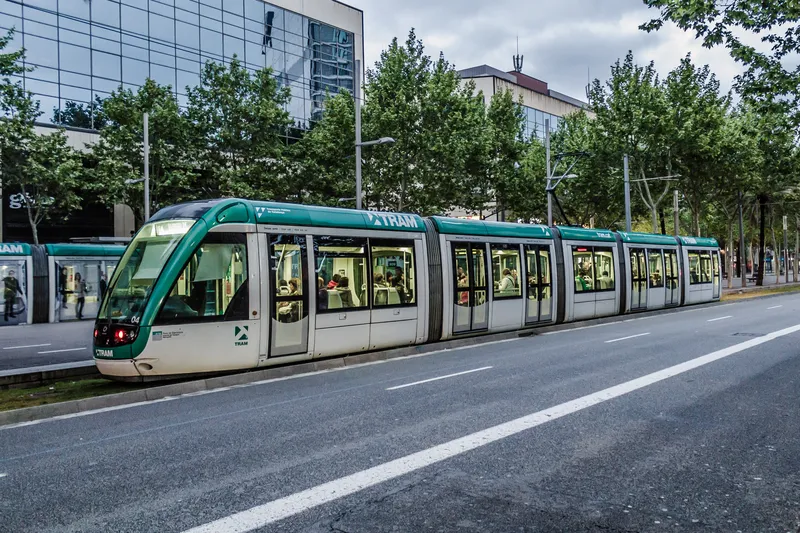
Bosch has been involved in the delivery of an updated communications system for one of the UK's major road tunnel networks.
Connecting the city of Liverpool with the Wirral under the River Mersey, the Mersey Tunnel consists of two separate road tunnels – Queensway and Kingsway.
Both start in central Liverpool, with the Queensway Tunnel running to Birkenhead and the Kingsway Tunnel running to Wallasey.
PAS Sound Engineering, which won the tender for the project, used Praesensa by Bosch for the public address system "due to the locations of the racks and the fibre connectivity in the tunnels".
Both tunnels have their own independent control rooms and require a flexible, networkable solution.
The companies say the flexibility of the IP-based Praesensa system gave it the ability to interface with the existing fibre network and loudspeaker circuits - making it resilient, relatively quick to install and a lower-cost option compared with an entirely new system.
The existing loudspeakers were tested, inspected and refurbished where necessary.
PAS installed 29 Praesensa 8-channel amplifiers, each featuring a capacity of 600W, two Praesensa system controllers, four desktop LCD call stations with the same
number of call station extensions, and 144 Praesensa end-of-line devices.
Following the upgrade, the 16 equipment outstations can provide real-time monitoring and fault reporting to maintenance and operations staff remotely over the IT network.
The two control rooms are able to communicate anywhere on the 8 km of tunnels with pre-recorded or live information broadcasts.
Bosch says system controllers at each location allow for redundancy in the event of a major failure, bypassing a faulty device to always maintain full system functionality.










